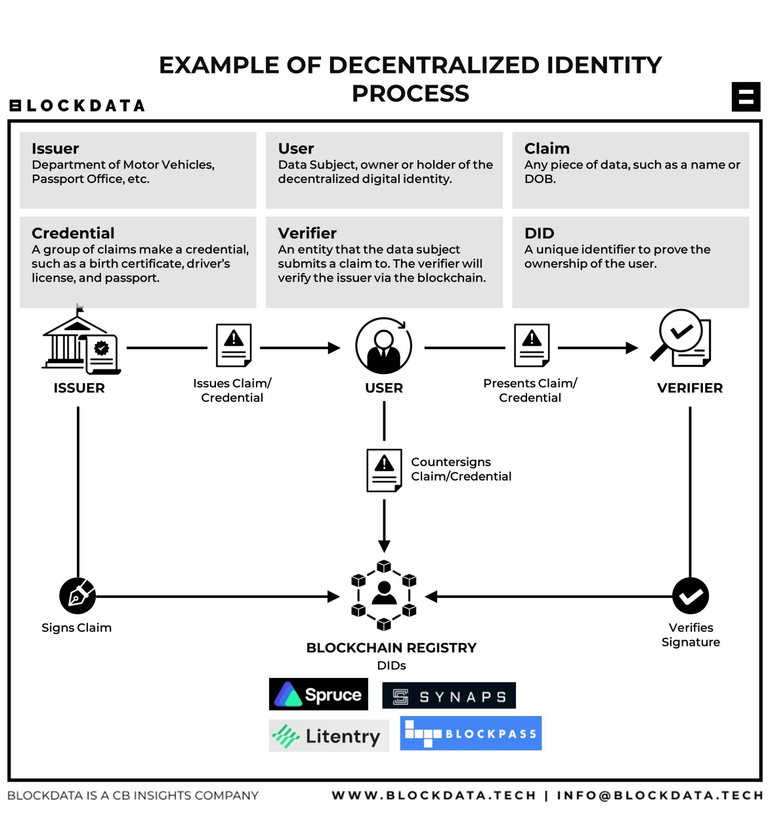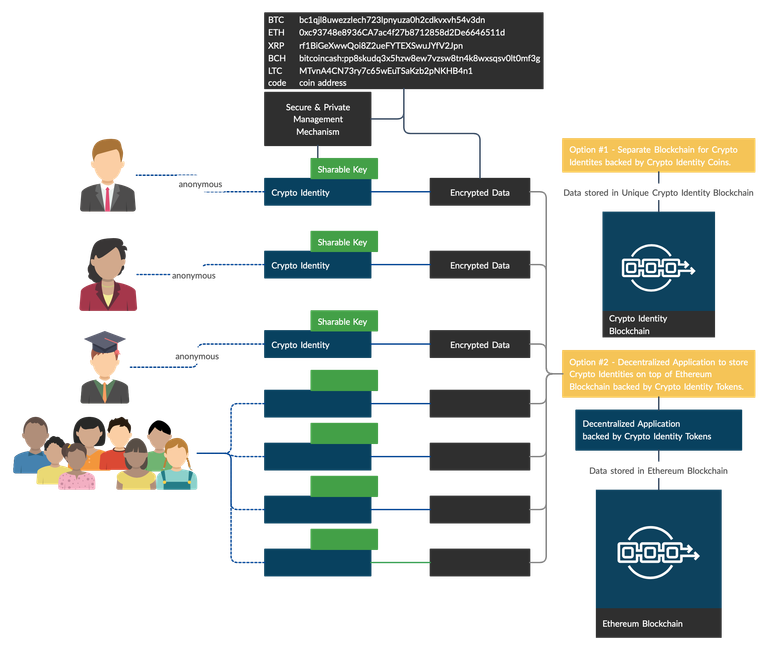Vitalik Buterin Sparks Debate on Anonymity in Crypto Governance

Ethereum co-founder Vitalik Buterin has recently stirred significant debate within the crypto community by challenging the long-held notion of an "anonymous society" in the cryptocurrency space. He argues for a more sophisticated and multidimensional approach to identity, warning that without such a structure, decentralized systems risk reverting to centralized control due to unresolved issues of collusion.
From Anonymity to Multidimensional Identity
In the early days of cryptography, anonymity was celebrated as a means to protect individual privacy, ensure financial sovereignty, and defend against state surveillance. The cypherpunk ethos, which drove much of the initial development of blockchain technology, envisioned a world where individuals could interact in financial markets and other digital arenas without revealing their identities, thereby preserving their freedom and autonomy.
However, Buterin's recent comments suggest that this vision may be too simplistic to address the complexities of modern decentralized systems. He contends that an "anonymous society" or a "pseudonymous financialized society" is inherently flawed because it fails to address the challenges posed by collusion and governance attacks. In systems where identities are hidden or pseudonymous, trust and accountability become difficult to establish, leading to vulnerabilities that malicious actors can easily exploit.
Buterin advocates for a more nuanced concept of identity that could enhance the success of decentralized governance structures, arguing that without such an approach, these structures are likely to become centralized. This perspective is particularly relevant for Decentralized Autonomous Organizations (DAOs), which are designed to operate without a central authority and rely on decentralized decision-making processes. As these organizations have grown, they have encountered significant challenges related to governance, particularly in decision-making and the influence of wealthy or powerful participants.

Buterin suggests that these challenges are partly due to the limitations of anonymity within these systems. Without a more sophisticated approach to identity, DAOs risk being dominated by financialized governance attacks, where those with more resources can disproportionately influence outcomes. His call to shift from anonymity to a more multidimensional identity structure aims to address these immediate governance issues and shape the future trajectory of the crypto space. Buterin argues that while anonymity serves as a critical check and balance, it cannot sustain the entire governance cycle. Just as a society cannot thrive solely on the "energy of rebellion," a decentralized system cannot function effectively without identifiable and accountable participation.
The "Soulbound" Concept: A Potential Solution
In this context, Buterin proposes the concept of "soulbound" characteristics, or identity traits that are more anchored and less easily manipulated. This idea seeks to balance the need for privacy with the need for trust and accountability in decentralized systems.
Criticism and Alternative Views: Vinay Gupta's Perspective
Not everyone agrees with Buterin's approach. Technologist Vinay Gupta, who deeply understands the philosophical and practical implications of blockchain technology, has criticized Buterin's ideas, calling them "a terrible idea" that solves "the wrong problems for the wrong people in the wrong way."
According to Gupta, the real challenge lies in adapting our political and governance philosophies to address these new risks, rather than focusing on the nuances of identity in a decentralized system. He argues that the fundamental value of cryptocurrency lies in its ability to provide self-sovereignty through faceted identity, allowing individuals to control their identity independently of any state or tribal affiliation. Gupta believes this is one of the core achievements of blockchain technology, enabling individuals to interact in digital spaces without being defined or constrained by their identity.

However, Gupta warns that introducing rich and interwoven identities into digital spaces could lead to a society characterized by rights and exclusions, which is antithetical to the original cypherpunk vision. He opposes the idea of building a society where identity plays a central role in governance and social interactions. According to Gupta, such a society would inevitably lead to greater surveillance and control, as identity becomes a tool of inclusion or exclusion within various systems. He believes this would undermine the very principles of freedom and self-sovereignty that cryptography was designed to protect.
Instead, Gupta advocates for a return to the cypherpunk ideal of a largely anonymous society, where individuals can participate in digital spaces without revealing their identity or being subjected to identity-based rights. His critique also touches on the practical challenges of integrating identity into decentralized systems. He warns that introducing identity into these systems could lead to greater centralization, as managing identities would likely require some level of oversight or control. This, in turn, could lead to the very governance problems Buterin is trying to avoid, as those who control identity systems could exert disproportionate influence over decentralized networks.